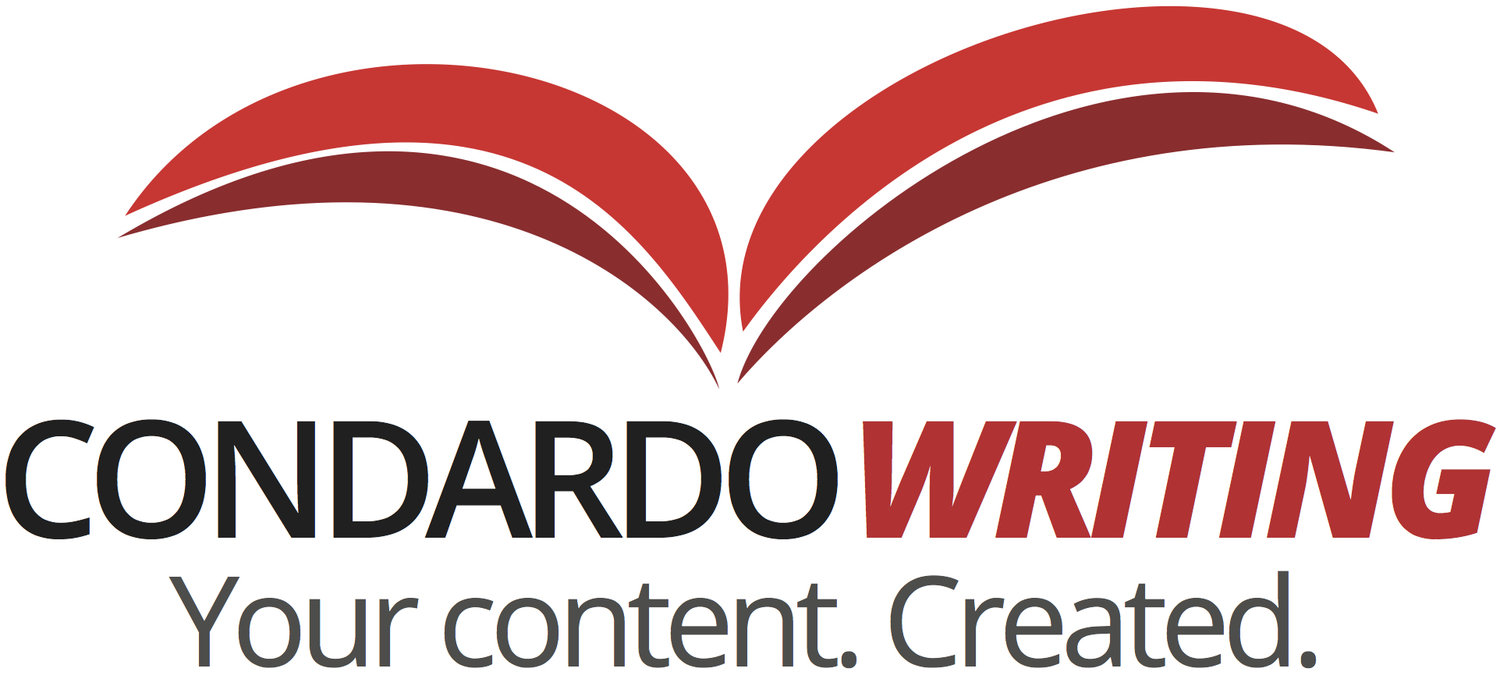by Tom Condardo
This is a question I get asked often. Clients who know they want a content piece longer than a blog post are familiar with both white papers and eBooks, but struggle to understand the difference between the two. Here's an analogy that might help. Think of an eBook as a friendly conversation with a family member or friend at an informal gathering. Consider a white paper, on the other hand, as a seminar given by a noted expert in the field. That doesn't mean an eBook isn't informative or a white paper has to be stern and stuffy.
Let's say the topic is the stock market. If you're chatting with a cousin who's a financial guru, chances are you're going to get some solid insight. If the leader of your seminar is good, she's likely going to work hard to make her presentation entertaining and enjoyable.
The topic can be the same and you'll likely gain knowledge from both an eBook or a white paper, but there are significant differences between the two.
Timing
You probably didn't plan on hearing about the stock market until you started talking to your cousin. But he caught your interest immediately so you quickly became engaged. Something similar happens with an eBook. You may have gotten a link in an email, the subject sounded interesting, so you checked it out. Ebooks act as an effective introduction piece and tend to be used early in the customer journey. You're trying to spark a prospect's interest by discussing the general topic area involving your product or service.
The seminar is different. You probably sought it out, signed up for it for a specific day because you wanted to learn more about the topic from an expert. Like a seminar, you usually seek out the white paper and normally "pay" for it with your email address. It's this proactive nature that makes white papers more appropriate for buyers when they are further along in the customer journey - normally in the decision phase.
Tone
Like the party discussion, an eBook is more of a one on one conversation. Your cousin will most likely be talking directly about what "you" should be considering when it comes to the stock market, and how recent fluctuations or events in Washington will affect "you" and "your" investments. Ebooks are similar in that they are written directly to "you." It's you and the author, face to face discussing the topic.
At a seminar, however, leaders may speak in more third person terms. They'll try to engage everyone in the room, but they're more likely to discuss how the latest drop in the Dow Jones affects "investors." Or they'll point out strategies "people" should be following. White papers take on this formal tone and are normally written in the third person.
Appearance
Your cousin won't likely be wearing a suit and tie at the party. He'll be comfortably attired in a sweater or golf shirt. Ebooks present that informal look as well. They're usually filled with colorful illustrations and graphics meant to attract attention. As I said, you didn't necessarily expect to be reading this piece so something needs to grab and hold your attention.
Seminar leaders will likely be wearing semi-formal attire like a business suit. They understand people are coming to them for in-depth knowledge, so they want to begin earning your respect with the way they dress. White papers also take on a formal look. They are primarily text with some charts but very few illustrations or graphics. This may not sound exciting, but remember, buyers are already in the decision stage. They don't need whistles and bells - they want hard information and data so they can make a choice that could have a major impact on their company.
As time goes on, the line between an eBook and white paper has begun to blur. They both have a place in your inbound marketing plan, but as with any marketing vehicle, understand the personas you are trying to reach, where they are in the buying journey, and what you hope to accomplish with the piece. Once you nail that down, you can make the right choice.

